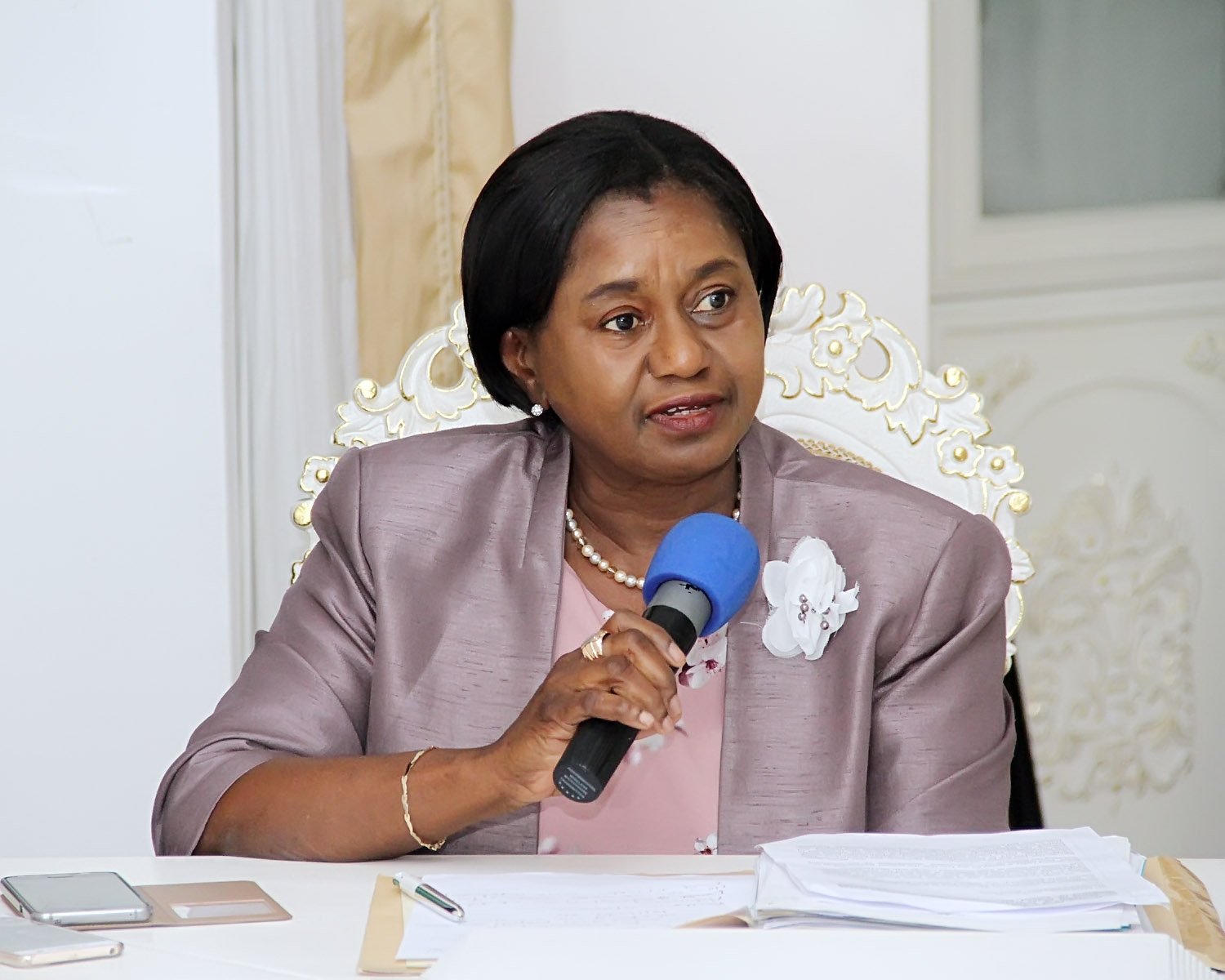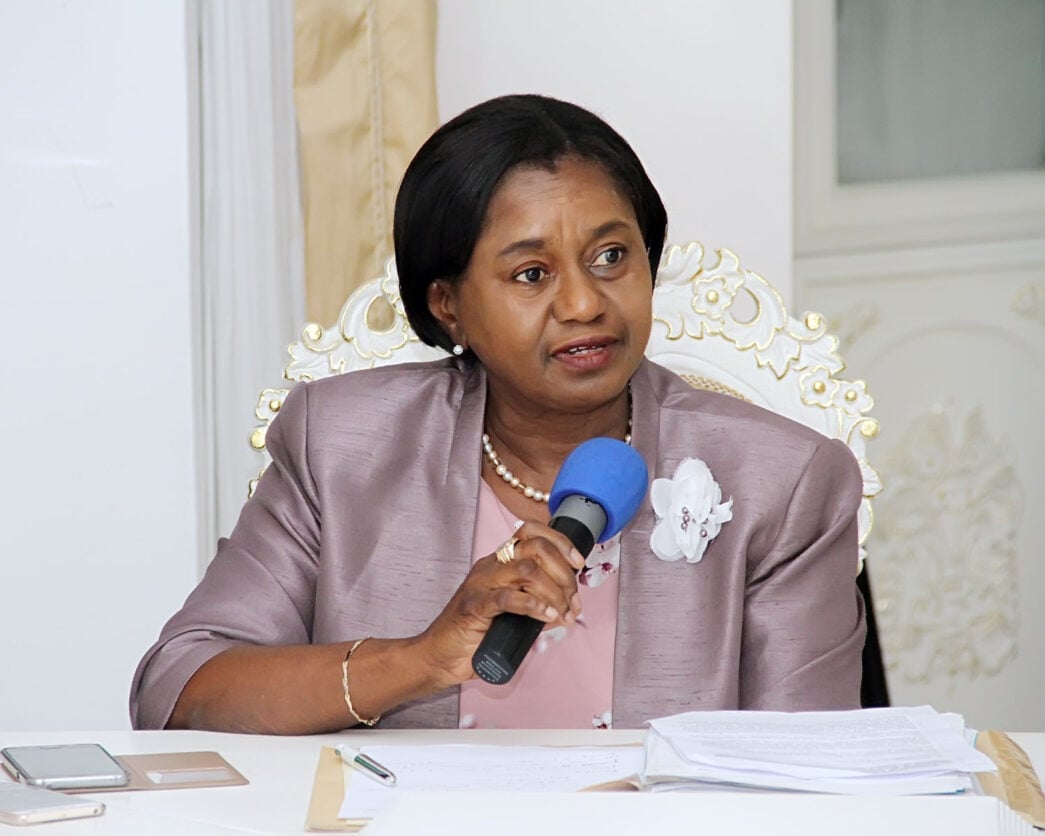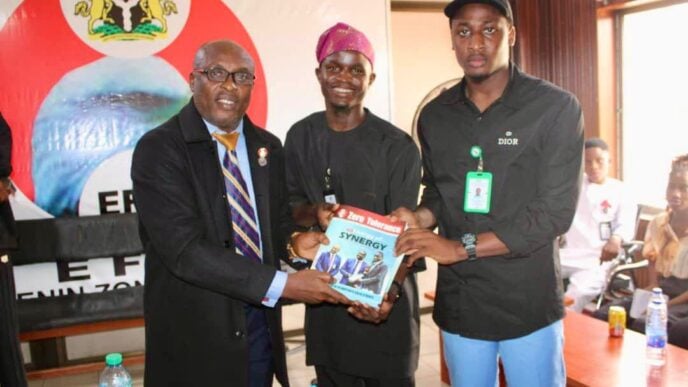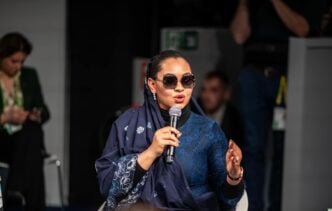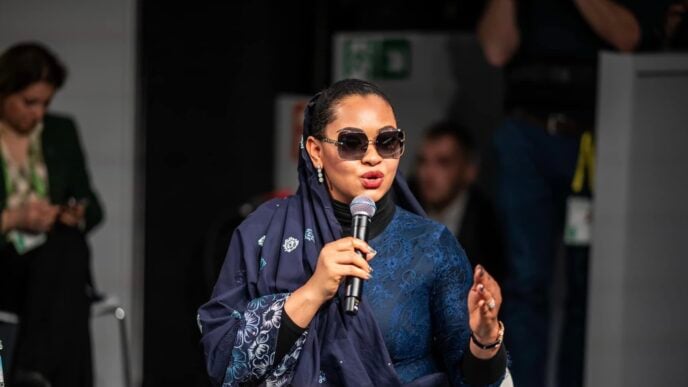Ipalibo Banigo
Ipalibo Banigo, senator representing Rivers west senatorial district, says women in the senate do not see themselves as different from their male counterparts.
Speaking on ‘Inside Parliament’, a programme on AIT, Banigo said women in the upper legislative chamber are treated as equals.
“In the senate, we are all men. We are all equal. We are all equal people,” she said.
“It’s just that at some point, we have to elect some people who will be like leaders. But all of us are equal.
Advertisement
“So even though we are just very few women, we actually don’t see ourselves as being different from anybody else there.”
The senator, however, described the level of female representation in Nigeria’s political space as “extremely low”.
She said Nigeria, with women making up nearly half of the population, should not have less than 10 percent representation in elective offices.
Advertisement
“It goes without saying. We don’t need any gainsaying to say that Nigeria should have much less than 10% representation for a country that women are about half of the population,” she added.
“And we do have very capable women who can do the job.”
Banigo said she used her time as the first elected female deputy governor in Rivers state to drive inclusion.
“In my state, for instance, I was the first ever elected female to be deputy governor for two terms, eight years,” she said.
Advertisement
“And I saw it as an opportunity to support the cause of women in vying for political positions.
“For example, Rivers state was the first state to politically support the election of women as vice chairmen in all the 23 local government areas.
“We were the first state. And also to have some quota for women as councillors in the local government area, depending on the number of wards in each of those areas.
“And after that, I noticed that some other states also followed this. But we were the first state.”
Advertisement
Speaking on the challenges women face in politics, Banigo said the political space remains largely patriarchal.
“For instance, there are a lot of patriarchal party systems. How many of, I think about 19 or so political parties we have registered, have you noticed how many are actually chairmen of those parties? How many?” she queried.
Advertisement
“So there’s this patriarchal system that it always has to be a man to lead the party. And that takes a lot of decision off the women.
“And there are also issues of financing campaigns. And how much funds do women have actually to be able to fund their campaigns effectively?
Advertisement
“And there are also the issues of intimidation and fear.
“There are a lot of capable women who would like to come on board, but sometimes they get caught up with these challenges.”
Advertisement
